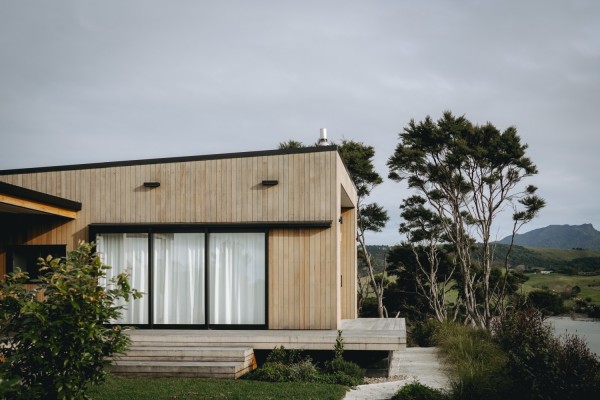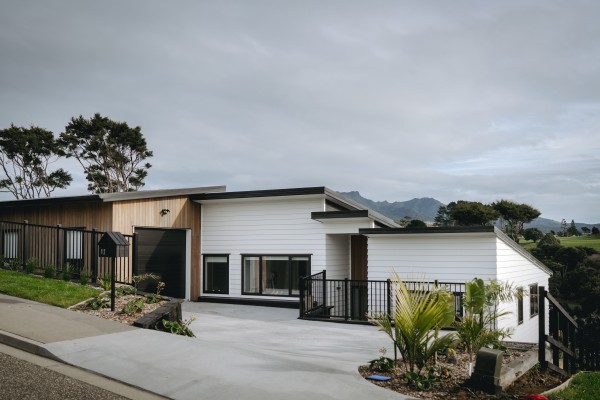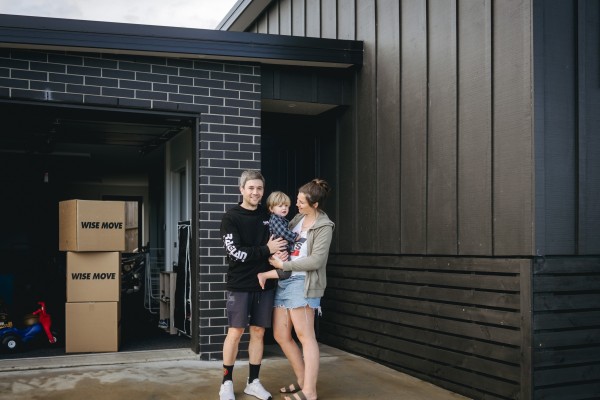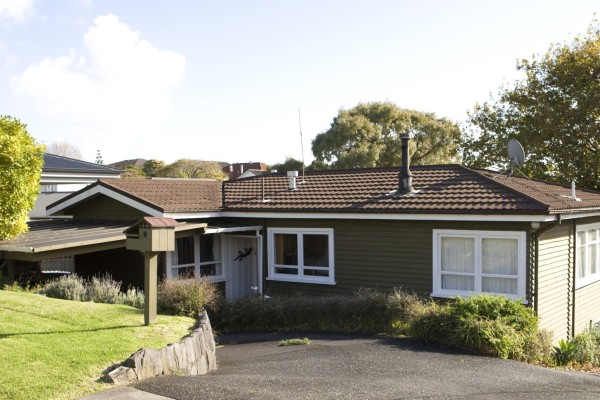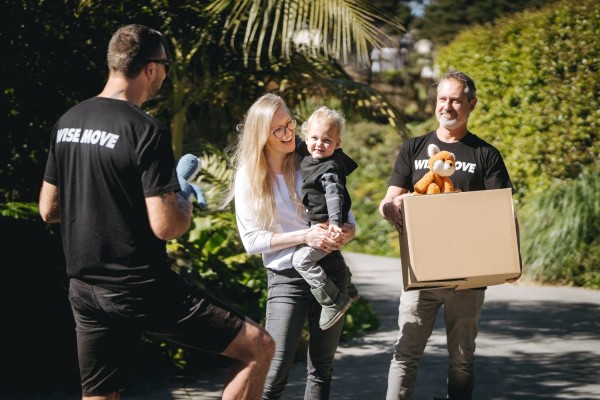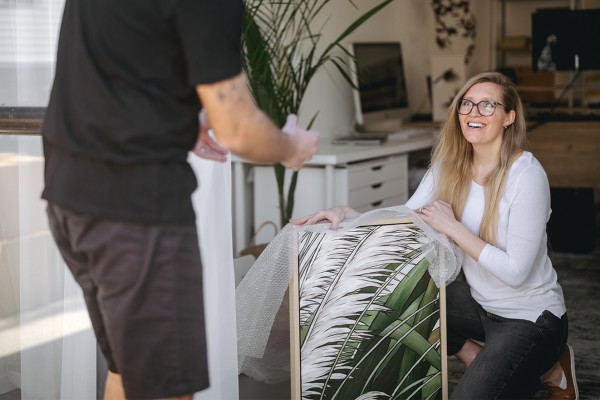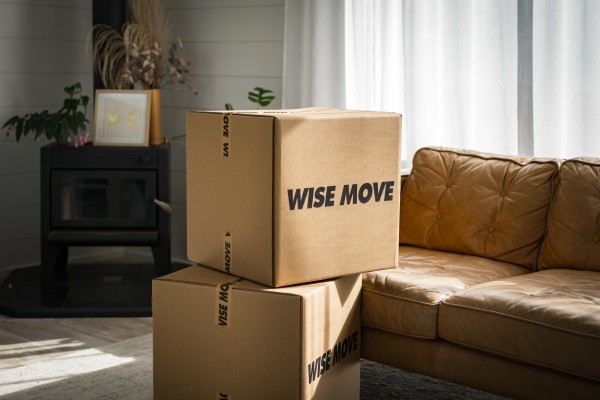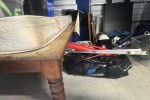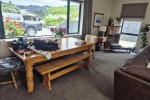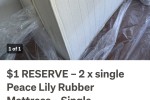How much should you spend on home maintenance each year?
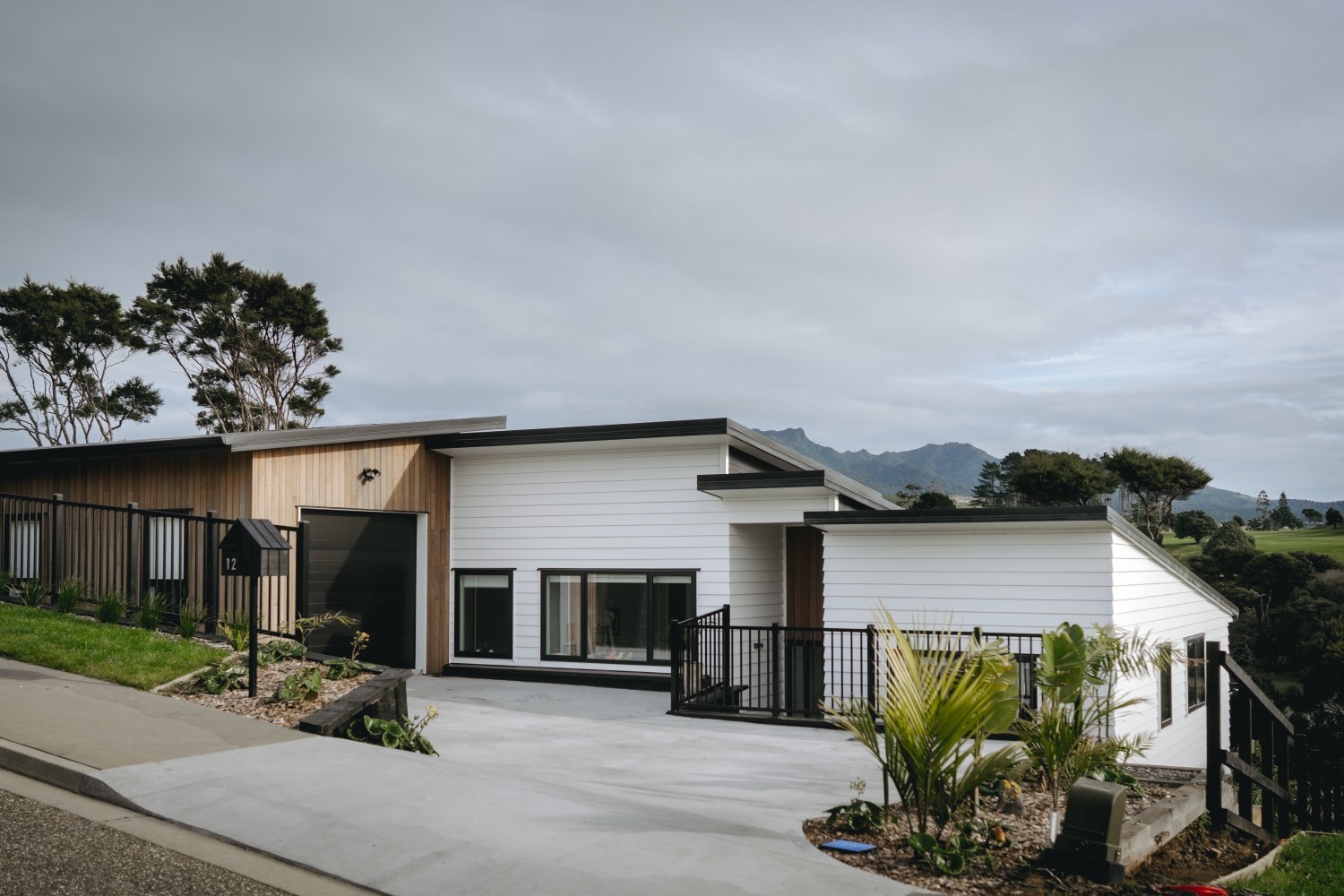
If you’re budgeting to buy a home or are already a homeowner, putting money aside for home maintenance is important. Maintenance is one area of home ownership that often gets overlooked. Yet, keeping up with projects is important.
The importance of spending money on home maintenance each year
New Zealanders have a lot of money tied up in real estate. The average house price reached $1 million in early 2022, which means many average earners now own expensive properties.
There are lots of reasons to spend money on home maintenance each year. Spending money on your home prevents small problems from becoming bigger and more expensive. It also means your home will require less work if you sell. Routine maintenance can also improve the efficiency of your home and reduce your energy bills. Plus, you’ll handle any issues that could become hazardous if left unchecked.
There’s another reason you should spend money on home maintenance. Retirement.
Many New Zealanders don’t realise how much they need to save to stay in their homes after retirement. There are three ways to deal with maintaining your property:
Maintaining your property only when things need to be fixed
Ignoring maintenance on your property sounds like a terrible idea, and it is. If you only spend money on your house when it needs it not only are you putting your home at risk of serious damage, you won’t reap as many rewards when it comes time to sell.
Some property owners fail to do up their homes in the hope they can sell them as doer-upper while still benefiting from the capital gains. This strategy carries a lot of risks.
You’re far better off repainting your home regularly and spending money on repairs before they cause major damage to its interior. Not to mention, a home is something you should enjoy living in.
Paying for maintenance and repairs as they crop up
Most homeowners fall into this category and are happy to pay for maintenance and repairs as they crop up. While there’s nothing wrong with being reactive to home maintenance, it can put you in a difficult position when major repairs happen.
While you want to be the homeowner who takes care of your home, all it takes is one or two medium-sized repairs you haven’t budgeted for to fall behind. You may also risk thinking your home is in better condition than it actually is.
A survey by BRANZ found that 70% of homeowners thought their homes were in good or excellent condition, while BRANZ experts thought only 42% of homes were maintained to a good or excellent level.
Planning for maintenance before it happens
Future maintenance can be budgeted for. Planning for maintenance before it happens will ensure your home maintains its value. You can also prevent small inconveniences from turning into major issues (e.g. a crack or loose roof tile can turn into a leak if left unchecked), make your home more energy efficient (upgrading your heating, glazing or airflow) and ensure your home is a safe place to live.
How much should I put aside for home maintenance while I’m working?
Most people don’t earn much once they retire from full-time work. Having some savings to maintain your home after you retire is important.
One rule of thumb is to save around half the value of your property. There are a few problems with this piece of advice. Prices and values rise and fall. If your home increases by $50,000 in a year, you shouldn’t have to budget an extra $25,000 for maintenance.
Other people advise setting aside 15% of the rent or mortgage payments for rent. This raises a few questions for mortgage owners, though. You may be better off paying that money into your mortgage each week rather than putting it into a savings account. If large repairs are required, you could borrow more against your mortgage to cover the cost of a new roof or drainage repairs.
One thing that is clear is once you retire or pay off your mortgage, you’ll need to put money aside for maintenance.
How much should I save for maintaining my home once I retire?
Before you retire, you should develop a budget for home maintenance. The amount of money you’ll need will depend on what type of home you own and its current condition. For example, a wooden villa with a garden may need more maintenance than a brick townhouse with a paved courtyard.
Take into account:
-
How much you currently pay for maintenance
-
How many years do you see yourself in your home
-
What type of regular maintenance occurs
Note that maintenance is different from urgent repairs. Maintenance includes replacing pavers and downpipes if cracked, repainting your house and fence every 5-10 years, trimming trees and hedges regularly and other tasks that keep your property in good shape.
A good rule of thumb is to save 1% of your home’s purchase price for maintenance each year and adjust this number based on the factors above.
$2,500 might not be enough to maintain your $250,000 home, whereas saving 3% of the purchase price may be more prudent.
On the other hand, if you own a $1,000,000 property, budgeting $20,000 for repairs is probably excessive. Setting aside $10,000 for maintenance might be more realistic.
How often do I need to replace parts of my home?
Knowing how long areas of your home are expected to last is helpful when it comes to budgeting.
The roof
Regular maintenance will expand the life of your roof. A tile, copper or slate roof can last more than 50 years. Wood shake roofs last around 30 years, while fibre cement and asphalt shingles last 20 years.
Deck
Climate and maintenance will influence the lifespan of your deck, but you can expect wood plants to last 15 years while structural wood lasts up to 30 years.
Gutters
Aluminium gutters should last around 20 years.
Fences
A wooden fence should last around 15 years but can be extended to 20 years with regular maintenance.
Trees
Tree trimming will depend on the tree species and how much light they block from your home. Expect to trim your large trees every 5 years.
Pavers
Depending on the material, outdoor pavers should last a long time - like 50 to 100 years. You should budget for replacing the occasionally cracked paver and for any upkeep of the grass or weeds around them.
Maintenance is something you should consider before moving into a new home. Budgeting and saving for the upkeep of your home will help keep it in great condition. While home maintenance can be expensive, moving house doesn't have to be. Wise Move can help you find a reliable, affordable mover, no matter where in New Zealand you are.
What do our customers say?




For every (wise)move

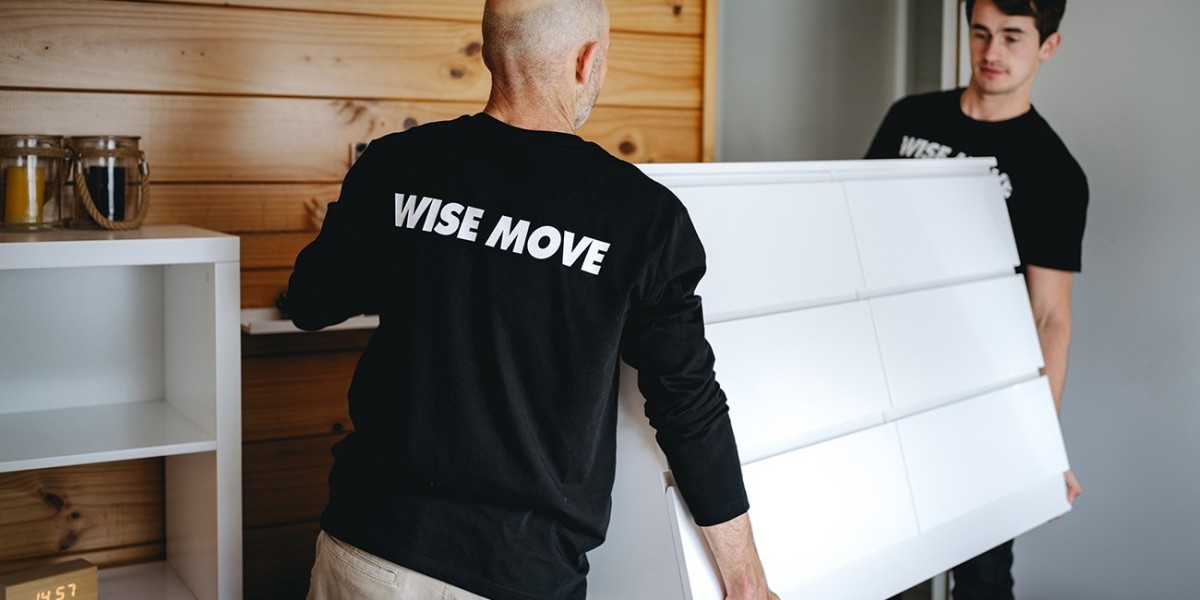





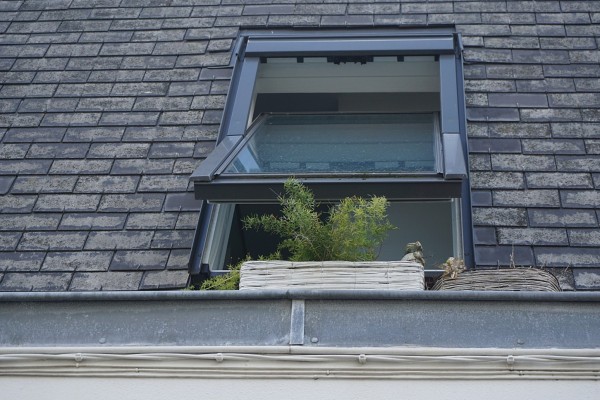
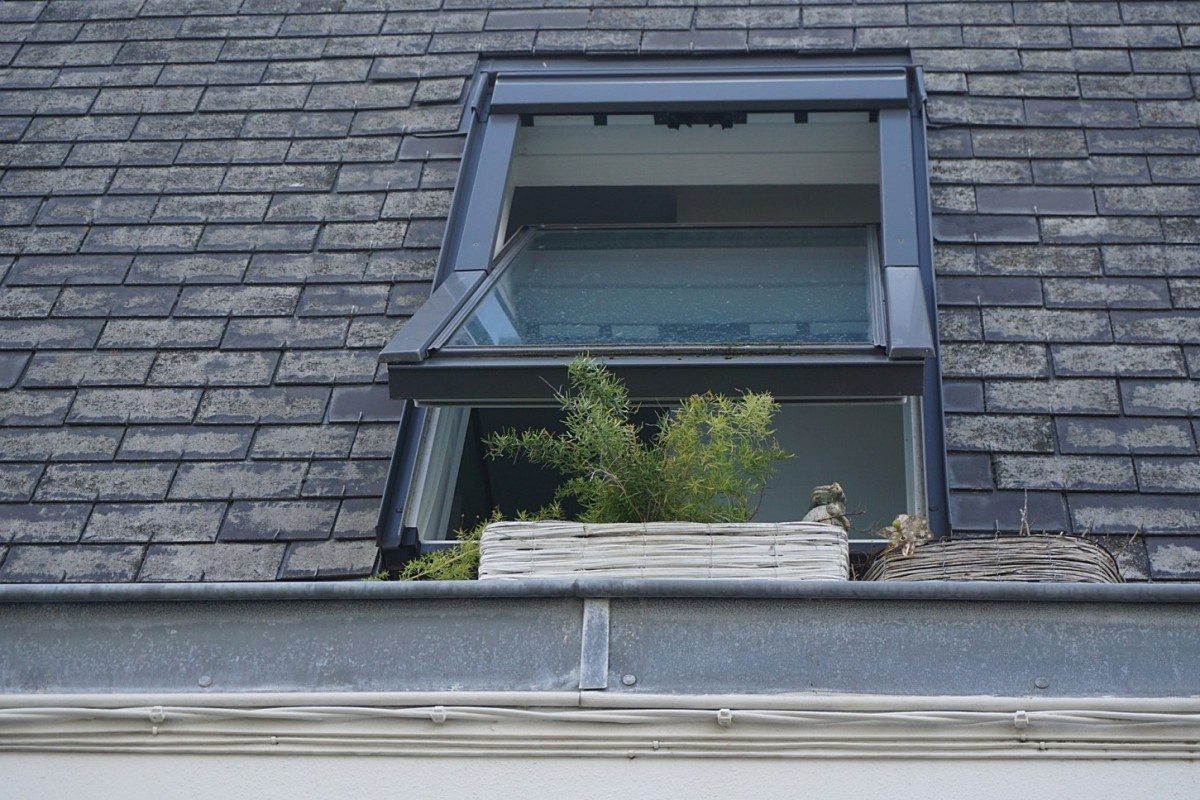
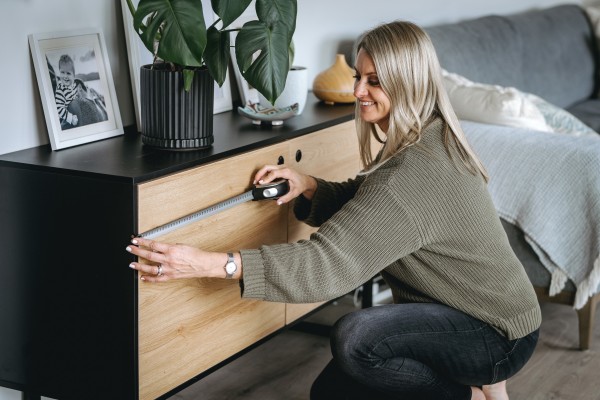

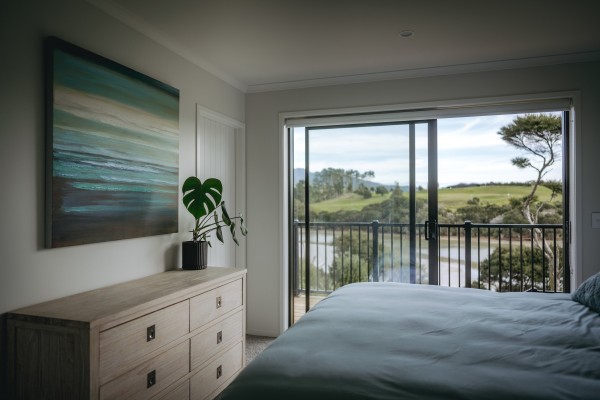
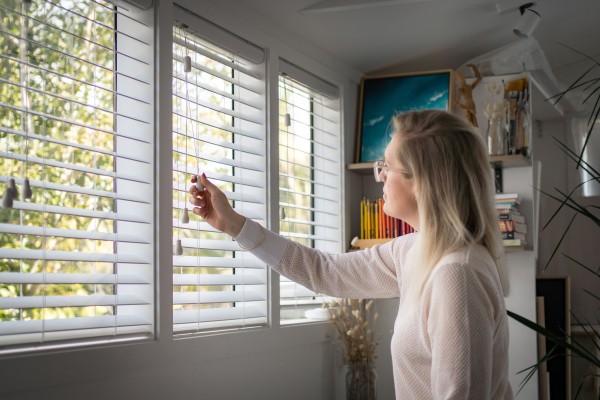
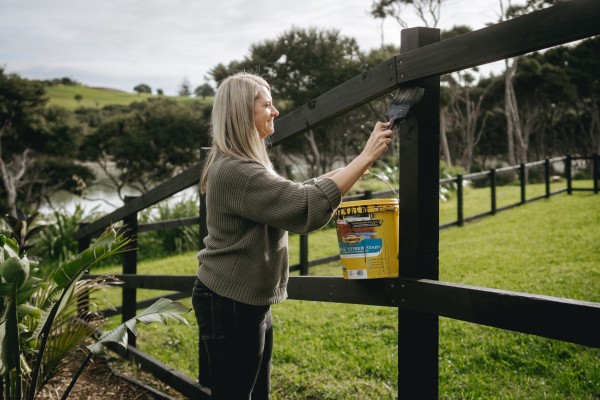
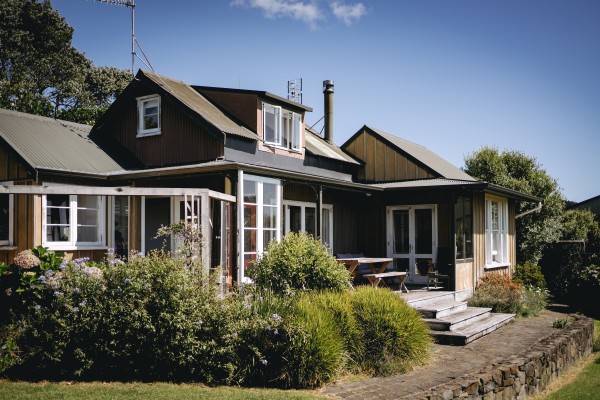
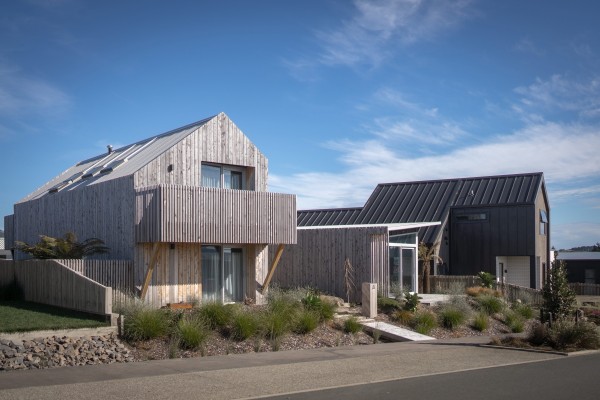
![What does it cost to build a new house in New Zealand? [2025] What does it cost to build a new house in New Zealand? [2025]](https://cdn.wisemove.co.nz/image/blog/ffd5dbdc5eec7e9eb3ad049d6c5c7f4d.jpeg)
